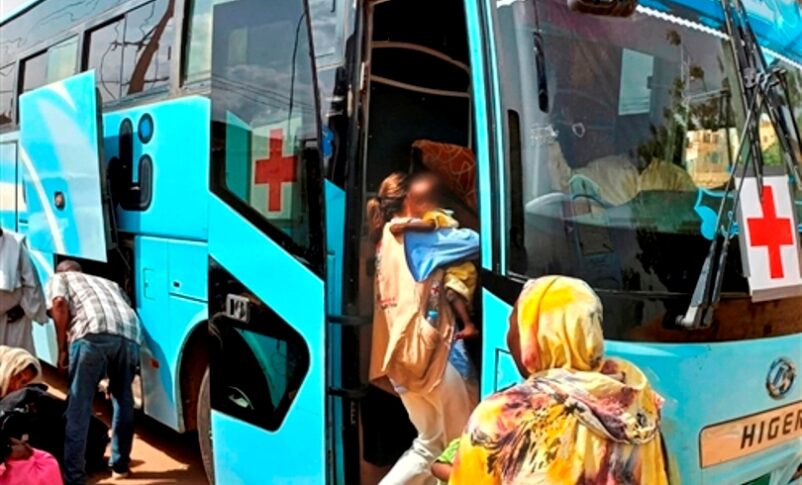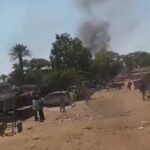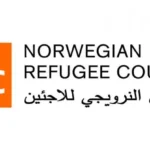DARFUR FOLLOW UP : PORT SUDAN
253 babies and children have been carefully evacuated from transit centres in Wad Madani, in central Sudan, to a safer location in the country following the recent eruption of fighting in Al Jazirah state.
For many of these children, this is the second time they have been displaced, having been evacuated from Mygoma orphanages in Khartoum earlier in the year due to the war’s devastating impact.
The recent fighting in Al Jazirah state has made Wad Madani unsafe, and the children have been forced to evacuate once again.
UNICEF’s Representative in Sudan, Mandeep O’Brien, expressed deep concern over the escalating conflict and its relentless toll on children. “The recent upsurge of violence and the need to move these children from areas that were once considered safe is a stark reminder of the suffering they endure,” she stated. “While we are relieved that these children are now out of harm’s way, the ongoing conflict ensures that no child in Sudan can truly feel secure.”
The evacuation, conducted over two days, was coordinated by the Ministry of Social Development and supported by UNICEF and partners.
The children who were evacuated from Khartoum to Wad Madani in June continue to receive care and protection under the Ministry’s watchful eye.
UNICEF and its partners provide medical care, food and nutrition, psychosocial support, play and educational activities, and support for carers. Additionally, UNICEF is working with authorities and partners to identify foster families for the children.
The war in Sudan has resulted in the largest child displacement crisis globally, with over 3.5 million children forced to flee their homes as a consequence of the fighting. This crisis has placed over 14 million children in dire need of lifesaving humanitarian aid, the highest number ever recorded in the country.
The escalating violence, affecting more than half of Sudan’s states, has severely disrupted essential services, including basic healthcare, nutrition, education, water, sanitation, and hygiene. Humanitarian workers have gone unpaid, and many facilities have been closed, damaged, or destroyed.








